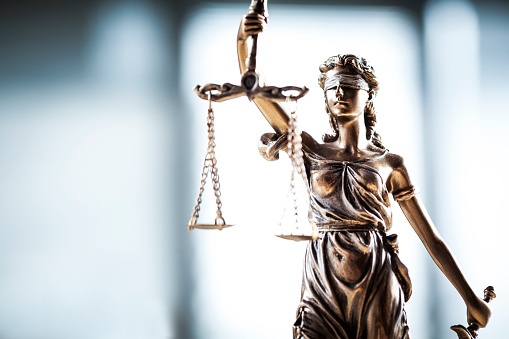The Legal Consequences for States Violating the Laws of War
The laws of war, also known as international humanitarian law, have been established to regulate armed conflicts and protect the rights and well-being of individuals during times of war. These laws set clear guidelines on the treatment of civilians, prisoners of war, and combatants. When states or nations violate these laws, there are legal consequences and accountability measures in place to address their actions. In this article, we will explore the legal implications and consequences for states that violate the laws of war.

Laws of War and International Humanitarian Law
The laws of war are a collection of international legal rules and principles that govern the conduct of armed conflicts. These laws are designed to strike a balance between military necessity and humanity, emphasizing the protection of civilians, the prohibition of unnecessary suffering, and respect for fundamental human rights. Key components of these laws include:
- Distinction: Distinguishing between combatants and



